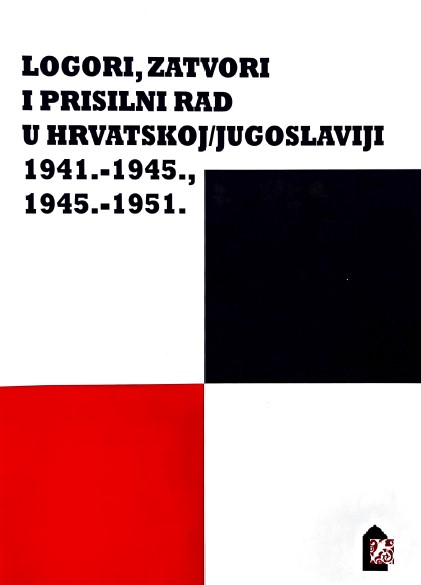Lišavanje slobode i prisilni rad u zakonodavstvu Nezavisne Države Hrvatske (1941.-1945.)
Restricting Freedom and Forced Labour in the Legal System of the Independent State of Croatia (1941-1945)
Author(s): Mario Kevo
Subject(s): Criminal Law, Human Rights and Humanitarian Law, Government/Political systems, Studies in violence and power, WW II and following years (1940 - 1949), Penal Policy
Published by: Hrvatski institut za povijest
Keywords: Second World War; Independent State of Croatia; Legal system; Concentration camps; restriction of freedom; forced labour; civilian internment; political prisoners;
Summary/Abstract: Following the formation of a camp system and the first deportations, the authorities of the Independent State of Croatia decided to create a formal legal basis for it in order to direct “undesirable and dangerous” persons according to the established order to “re-education” in concentration and work camps. Though restrictions to freedom and forced labour had been mentioned in previous legal practice, it was only after the proclamation of legal decrees at the end of 1941 that a formal legal basis for deportation to camps came into existence. In conjunction with the formation of the legal basis, the Ustaša authorities also completed the structuring of a repressive apparatus which in part had to carry out the decrees directed primarily against the followers of the Partisan movement and members of marginal societal groups. Prior to and alongside this, using an extra-institutional path, the Ustaša authorities carried out measures against the majority of Croatian and Bosnian Jews who were sent off to camps without any legal basis in the laws of the Independent State of Croatia. On the basis of sources and literature the author presents the issue of restricting freedoms and the dispatch of persons to forced labour in concentration and work camps in the Independent State of Croatia, as well as the structure of the repressive apparatus responsible for the execution of the formal-legal basis, but the work does not discuss the issue of incarceration.
Book: Logori, zatvori i prisilni rad u Hrvatskoj/Jugoslaviji 1941.-1945., 1945.-1951.
- Page Range: 9-39
- Page Count: 31
- Publication Year: 2010
- Language: Croatian
- Content File-PDF

